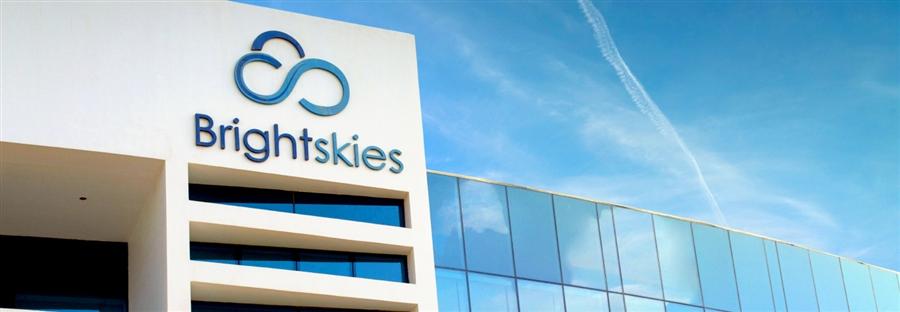From Ras El-Hekma to Alam El-Roum: Comparing Egypt’s Mega Deals
Updated 11/15/2025 9:00:00 AM
At the beginning of 2024, Egypt signed a landmark agreement with the UAE to develop the Ras El-Hekma city. At the time, the Egyptian government emphasized that this would not be the last deal of its kind, expressing openness to similar large-scale projects that could bolster the national economy. Nearly two years later, in late 2025, the government announced a second major deal—this time with Qatar—to develop the Alam El-Roum area.
In this Factsheet, we will provide a comparative overview of both deals, examining what Egypt has gained from them and how each is impacting or expected to impact the Egyptian economy.
- In February 2024, Egypt signed a $35 billion agreement with the UAE’s ADQ to develop Ras El-Hekma city on the North Coast, while a $29.7 billion deal was signed with Qatari Diar for the Alam El-Roum project in Matrouh last November. Both agreements were signed in partnership with the New Urban Communities Authority (NUCA).
- Ras El-Hekma covers over 170 million square meters, making it significantly larger than Alam El-Roum’s 1,985 hectares (around 20 million square meters). The difference in scale reflects the broader urban and investment scope of Ras El-Hekma compared to the more targeted tourism and development focus of Alam El-Roum.
- Under the Ras El-Hekma deal, Egypt will retain 35% of project profits, while ADQ makes two payments worth a combined $35 billion to the Egyptian government. In the Alam El-Roum deal, Qatari Diar will make an initial $3.5 billion payment by the end of December 2025. The project is set to generate annual revenues of about $1.8 billion, 15% of which will go to NUCA after investment recovery.
- Ras El-Hekma will feature a free zone, an investment zone, tourism facilities, and residential and commercial areas, aiming to become a new global business and tourism hub. Alam El-Roum, on the other hand, focuses on enhancing local infrastructure and improving regional investment attractiveness along a 7.2-kilometer coastline.
- Following the signing of the Ras El-Hekma deal, Egypt witnessed positive economic reactions, including improved exchange rate stability, rising stock market performance, and reduced pressure on gold prices. Similar expectations surround Alam El-Roum, which is designed to boost job creation and strengthen regional economic activity.
- Together, the Ras El-Hekma and Alam El-Roum projects bring nearly $65 billion in Gulf investments into Egypt. This reinforces the country’s position as a growing destination for large-scale real estate and tourism development in partnership with regional sovereign funds.
By: Amina Hussein
Related News

2025 at a Glance: Reviewing the Global Scene
Updated 1/31/2026 9:00:00 AM

2025 at a Glance: Spotlighting Key Economic Indicators
Updated 1/24/2026 9:00:00 AM

Egypt reviews progress on Qatari Diar’s Alam Al-Roum project in Matrouh
Updated 1/20/2026 1:28:00 PM

2025 at a Glance: Egypt’s Monetary and Price Trends
Updated 1/17/2026 9:00:00 AM

Inside Egypt’s Banking Sector in H1 2025
Updated 1/10/2026 9:00:00 AM






